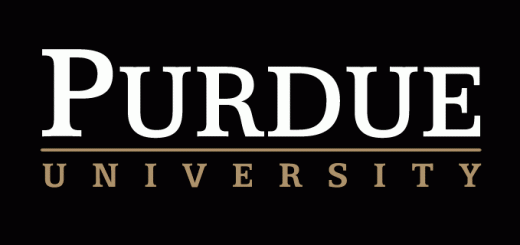Chemistry Teacher Under Fire for Submitting Remarkably Similar Recommendation Letters for 22 Students
Twenty-two Hanover High seniors who were applying to college and received a letter of recommendation from the same teacher recently experienced a scare after it emerged that their letters were too similar to each other to be considered valid by college admissions officers and had to be discounted.
Hanover High School administration made the discovery after admissions officials from one of the colleges that some of the 22 aforementioned students had applied to informed administration that the letters of recommendation of those students that had been written by the same teacher bore a strong resemblance. In an e-mail to affected students and their parents, of which the Broadside obtained a copy, HHS Principal Justin Campbell stated that he was told the teacher’s “letters for students are too similar to be considered as applicable to individual applicants.”
One of the students affected by the incident, who asked to be left anonymous, identified the institution that broke the news as Brown University in Providence, R.I. Erik DeAngelis, the university’s undergraduate admissions officer for New Hampshire and Vermont, did not respond to two e-mailed interview requests.
Campbell and Hanover High’s guidance department were quick to organize a response for students whose college applications were now missing a valid letter of recommendation. Most colleges require applicants to submit letters of recommendation from teachers or school staff as part of their application, so the affected students had to find new letters to replace the discounted ones. “Thankfully the institution is willing to accept a new letter from a different teacher on the student’s behalf,” Campbell wrote in his statement to involved students and parents. “Our counselors anticipate that other schools will also be willing to replace letters if we move proactively to do so.”
In a December 5th interview with the Broadside, Campbell stated that he had contacted the entire school staff “to let them know that they may be receiving sudden requests for letters” and asked them to be flexible since “students may need them with a relatively short turnaround.” He added that “guidance counselors are working with individual students to sort things out” and that he had talked to some of the affected families.
The teacher who authored the letters in question, though left unnamed by the principal in the Broadside interview, is identified in Campbell’s message to affected students and their parents as science teacher Kevin Lavigne, who declined an interview. According to that same message, Campbell confirmed [the problem with the similar letters] to be “an isolated incident” before stating, “I am unable to comment directly on supervisory issues but assure you that I, as principal, work with all staff to address deficiencies in practice.” In the Broadside interview, Campbell also said that he had spoken with the teacher responsible for the letters to try and sort things out.
The extent of the similarity between the letters is still not fully known, although another involved student who asked to be left anonymous stated that Lavigne primarily wrote about students on the basis of the same set of criteria: performance on labs and assessments that they had taken while in his class and his observations on their ability to work in groups. According to the student, Lavigne also tended to avoid using embellished language when describing the students he was writing for. The aforementioned student claimed to have learned this after sitting down with Lavigne to discuss the letters after news of the similarities broke.
Some of the students whose college applications were affected by the incident voiced disappointment. “I truly believed he was going to write a recommendation that was unique and personalized to me, and it was also hurtful that he did not take the time to honestly and sincerely apologize to each of us,” wrote one anonymous student who had received a letter from Lavigne. They went on to say, “I’m not sure he understands the full extent of these consequences, and how it will impact these students…. I hope this incident doesn’t reflect on the rest of the school.”
Another affected student wrote to the Broadside, “Although I’m disappointed that he couldn’t find unique ‘things’ about me to put in his letter, I genuinely believe he would never do anything to intentionally hurt any of his students.” They then said, “I think this whole situation got blown out of proportion and people need to realize that this was one tiny part of our applications and one mistake shouldn’t erase all of the amazing things that Mr. Lavigne has done to our school.”
Both of these students praised the efforts of the guidance department for their help in navigating the aftermath of the incident. “The counseling department was INCREDIBLE, and so was administration,” said the previously quoted student. “Even though my guidance counselor wasn’t in school on Monday I felt wholly supported by the staff that were in the counseling office.”

